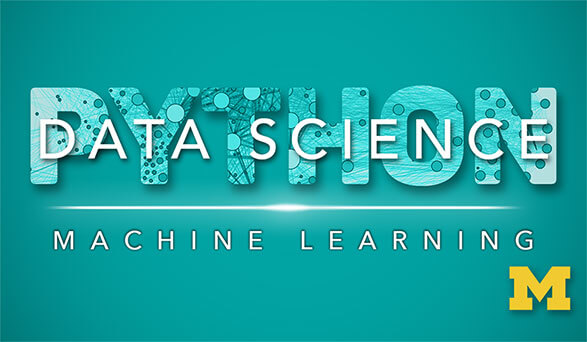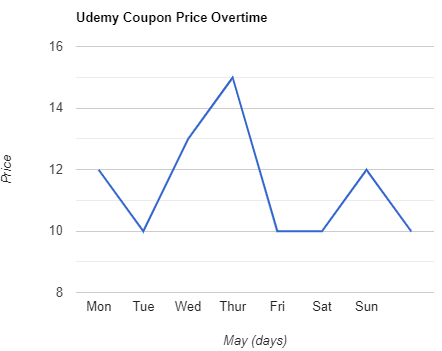Machine Learning by Stanford
Created by the co-founder of Coursera, this course will provide you with a broad introduction to Machine Learning. It is the #1 highest rated Machine Learning course on Coursera and an excellent choice for beginners with no programming experience.
Created by: Andrew Ng
Produced in 2011
 What you will learn
What you will learn
- What it means to teach a computer to learn concepts using data
- Classify an email as spam or not spam with a logistic regression method
- Use linear regression to predict housing prices
- Implement your own neural network for digit recognition
- Use a a Gaussian distribution to detect anomalies or defects
- Build a pipeline to detect pedestrians, objects or text in an image
- How to apply machine learning in practice, including SVMs and recommender algorithms
- Learn Octave/Matlab
- Understand K-Means clustering algorithm
- Much, Much more!
 Quality Score
Quality Score
Overall Score : 96 / 100
 Live Chat with CourseDuck's Co-Founder for Help
Live Chat with CourseDuck's Co-Founder for Help
 Course Description
Course Description
 machine learning Awards Best Course Overall
machine learning Awards Best Course Overall
 Pros
Pros
 Cons
Cons
-
- Highly recommended as your first course to dive into Machine Learning.
- Although it requires hard work, the course is very accessible for beginners.
- Presented by an expert in the field of Machine Learning and online teaching.
- Well designed with simple explanations and comprehensive content.
- Focused on the logic behind Machine Learning rather than programming and maths.
-
- Experienced developers may consider lectures and assignments to be too basic.
- Taught in Matlab/Octave, not Python.
- Lacks practical examples.
 Instructor Details
Instructor Details

- 4.8 Rating
 133 Reviews
133 Reviews
Andrew Ng
Andrew Ng is Co-founder of Coursera, an and Adjunct Professor of Computer Science at Stanford University. His machine learning course is the MOOC that had led to the founding of Coursera! In 2011, he led the development of Stanford University's main MOOC (Massive Open Online Courses) platform and also taught an online Machine Learning class to over 100,000 students, thus helping launch the MOOC movement and also leading to the founding of Coursera. Ng also works on machine learning, with an emphasis on deep learning. He had founded and led the "Google Brain" project, which developed massive-scale deep learning algorithms. This resulted in the famous "Google cat" result, in which a massive neural network with 1 billion parameters learned from unlabeled YouTube videos to detect cats. Until recently, he led Baidu's ~1300 person AI Group, which developed technologies in deep learning, speech, computer vision, NLP, and other areas.









